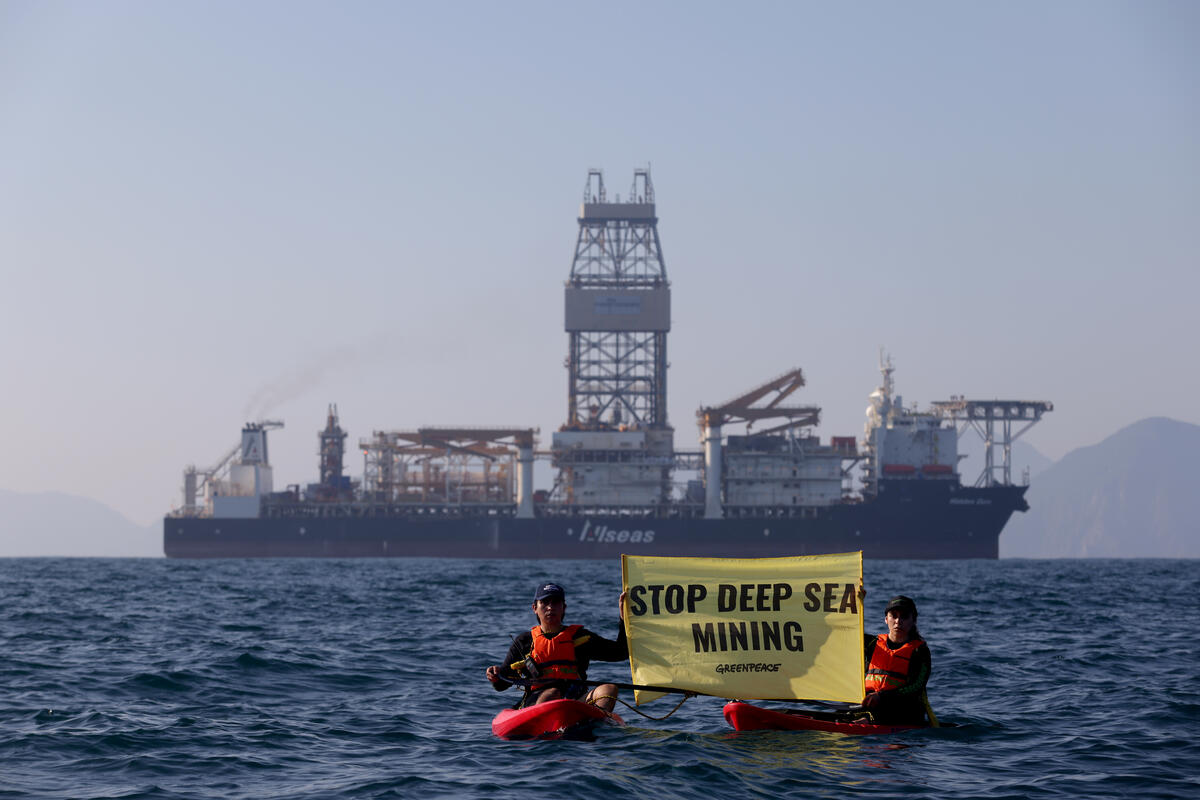By Aden Miles Morunga
When will the world stop colonising the Pacific?
The Pacific Ocean is home to species of cultural and environmental importance.
The Fukushima radioactive water discharge and the emergence of deep sea mining have raised new concerns about neocolonialism in this region.
Fukushima radioactive water discharge
In 2011, a devastating earthquake and tsunami struck Japan, leading to a meltdown at the Fukushima Daiichi nuclear power plant.
This resulted in the contamination of water used to cool the damaged reactors. As a solution, the Japanese government proposed to discharge the radioactive water into the Pacific Ocean.
This raised concerns about environmental and health impacts.
The decision ignores scientific evidence, violates human rights and is non-compliant with international maritime law.
The decision also ignores people’s concerns.
The Japanese government and Tokyo Electric Power Company (TEPCO) say there is no alternative to the decision to discharge and that it is necessary to move towards final decommissioning.
This highlights the failure of the decommissioning plan for the nuclear plants destroyed in the 2011 earthquake.
Greenpeace Japan project manager Hisayo Takada says, “Despite concerns raised by fishermen, citizens, Fukushima residents, and the international community, especially in the Pacific region and neighboring countries, this decision has been made.”
Neocolonialism and the Fukushima discharge.
The discharge of radioactive water highlights how powerful nations make decisions that can have consequences on less powerful regions.
This echoes the historical patterns of neocolonialism, where powerful countries exert influence and control over indigenous people, often exploiting their resources without enough consideration for the local populations or the environment.
Many Pacific Island nations have expressed deep reservations about the Fukushima discharge plan.
Deep sea mining and neocolonialism.
Deep sea mining, the extraction of minerals from the ocean floor, poses a significant threat to the Pacific. Powerful nations are eyeing the seabeds of the Pacific to extract polymetallic nodules, polymetallic sulphides, and ferromanganese crusts.
The exploitation of these resources will wreak havoc on the delicate ecosystems of the deep sea.
There is a risk of displacing or marginalising local communities, who rely on the oceans for their livelihoods. Pacific activists and campaigners have raised their voices this year, expressing concerns about the start of this destructive industry.
Solomon Pili Kahoʻohalahala, a native Hawaiian Elder says, “We are here to say no to deep sea mining and no to the destruction of our cultural heritage.”
When will the world stop colonising the Pacific?
The Fukushima radioactive water discharge and deep sea mining highlights neocolonialism in the Pacific.
Powerful nations are making decisions that could have devastating impacts on the environment and local people.
European exploration of the Pacific began with the Spanish and the Portuguese.
By the late 1500s, the Spanish had colonized the Philippines and discovered several of the Caroline Islands in Micronesia, as well as the Solomon Islands in Melanesia and the Marquesas Islands in Polynesia.
These examples show a lack of consultation, transparency, and fair distribution of benefits.
Instead, decisions are made with little regard for the rights and well-being of the affected communities.
Toward fair stewardship.
We must acknowledge neocolonialism in the Fukushima radioactive water discharge and deep sea mining in the Pacific.
Our approach must focus on the interests and well-being of Pacific Island nations.
We need meaningful participation and robust environmental safeguards, then we can work towards a future where the Pacific thrives, rather than a battleground for neo colonial exploitation.
Only through concerted efforts can we ensure a sustainable future for the Pacific and its people.
SOURCE: GREENPEACE NZ/PACNEWS















